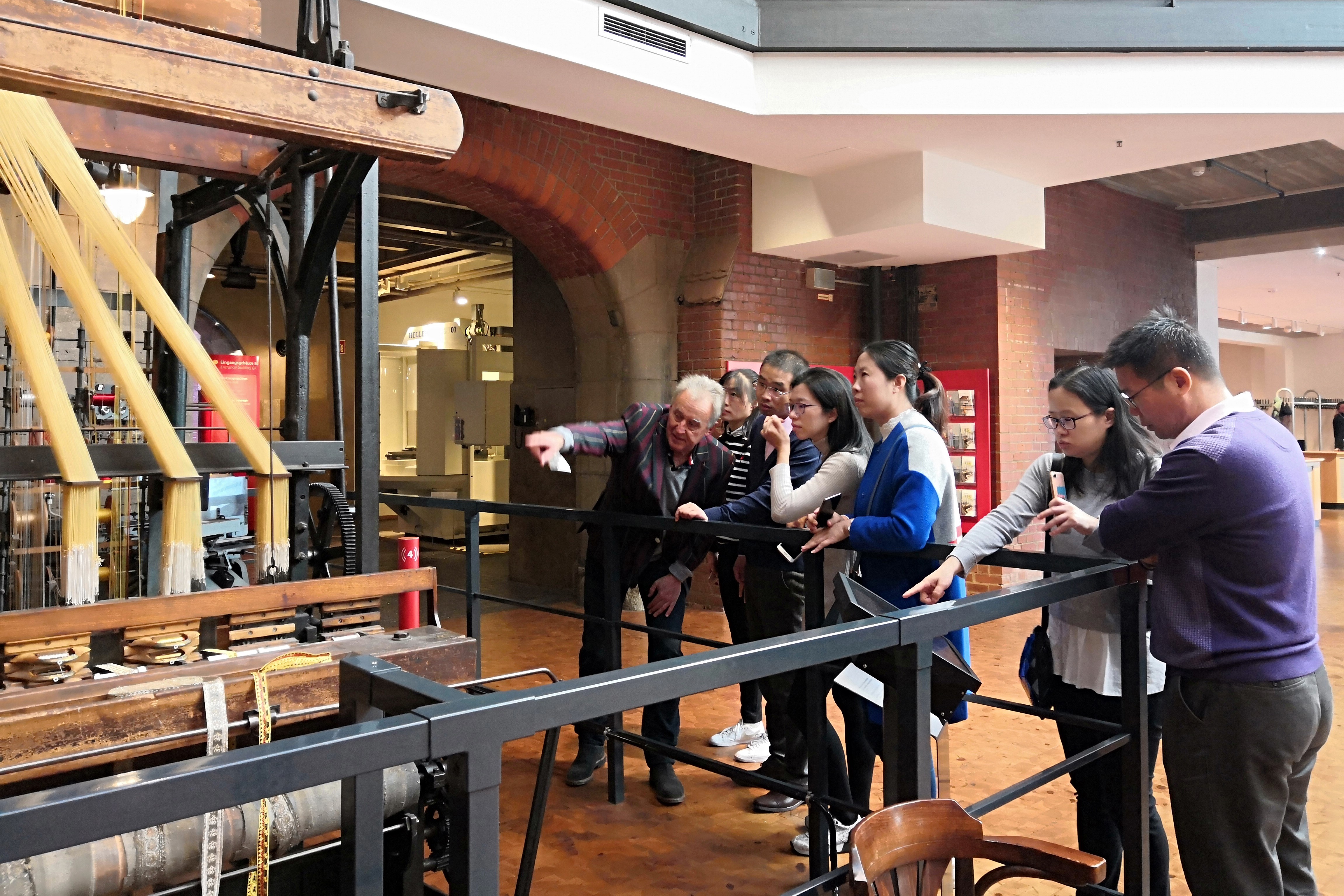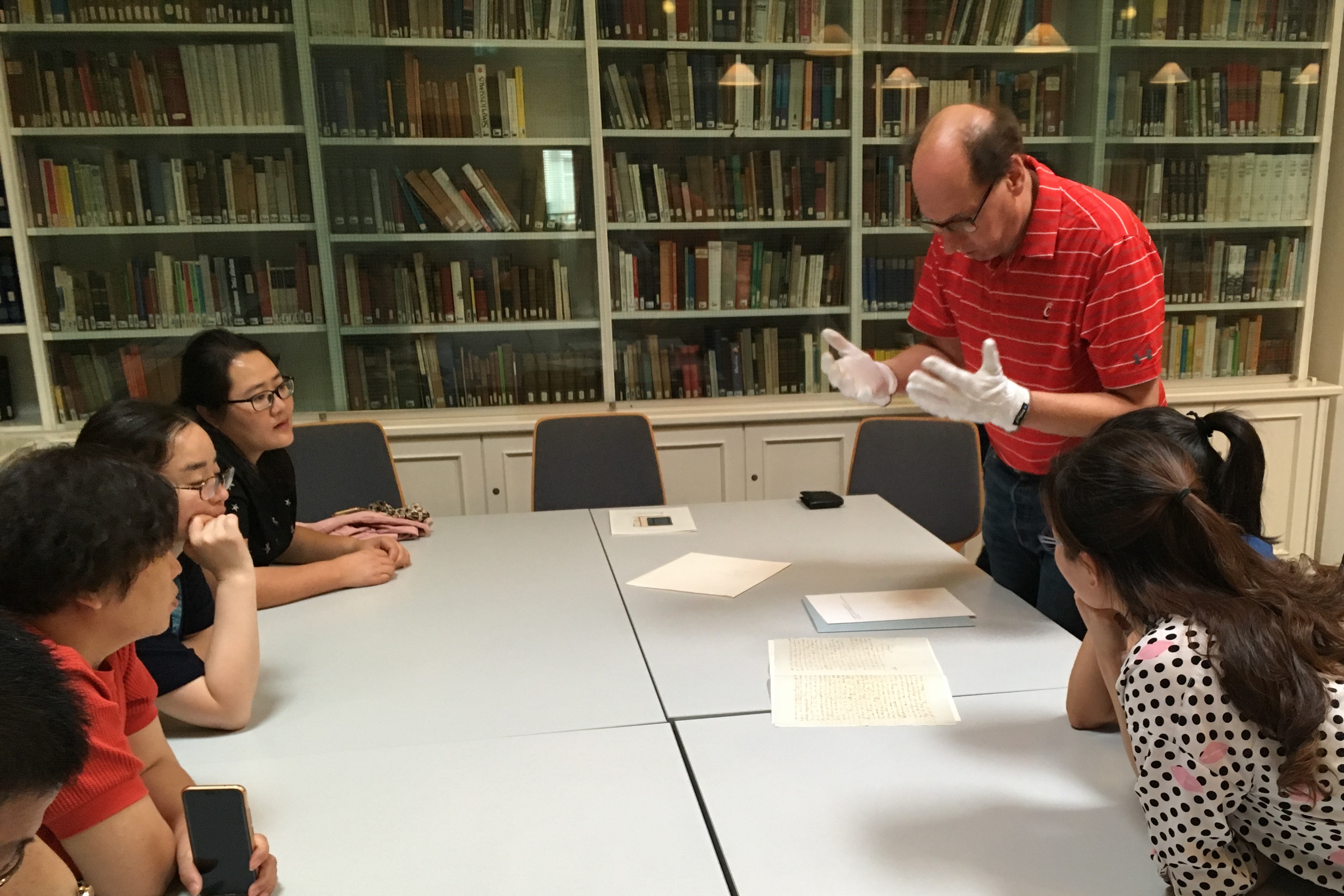Friedrich Engels’ economic thinking against the background of the development of political economy of his time
Prof. Dr. Hans FRAMBACH, Wuppertal
Abstract
Friedrich Engels and Karl Marx as founders of scientific socialism have influenced the development of socialism with their works decisively. With their analysis of the foundations and functioning of economies and the theory of economic development in particular, they offered a radical variant among a variety of existing proposals at their time. Friedrich Engels laid down the framework of his critique of political economy already in his early works, the fundamental contributions Outlines of a Critique of Political Economy [Umrisse zu einer Kritik der Nationalökonomie] of 1843, published in the Deutsch-Französische Jahrbücher in 1844, and the seminal work of empirical social research, The Condition of the Working Class in England [Die Lage der arbeitenden Klasse in England], published in 1845. These works comprise central elements of his later economic and social thought. Even though many of Engels’ positions cannot withstand critical appraisal along the state of knowledge then and now, he made an extraordinary contribution with eminent importance to the emergence and development of Marxian theory of political economy. From the perspective of the history of economic thought different issues are touched upon as to what different economic theories existed at those times when he formed his basic ideas on political economy, to what extent his economic statements were scientifically sound, how far he took note of existing approaches at all, selected economic literature and theories in an interest-driven manner or with scientific and political bias. A picture of a visionary thinker emerges, with a high degree of passion, empathy and a strong feeling of justice, who acted emotionally and intuitively, never accepting the existing social conditions of the workers and striving to change the world with all his strength and means.







